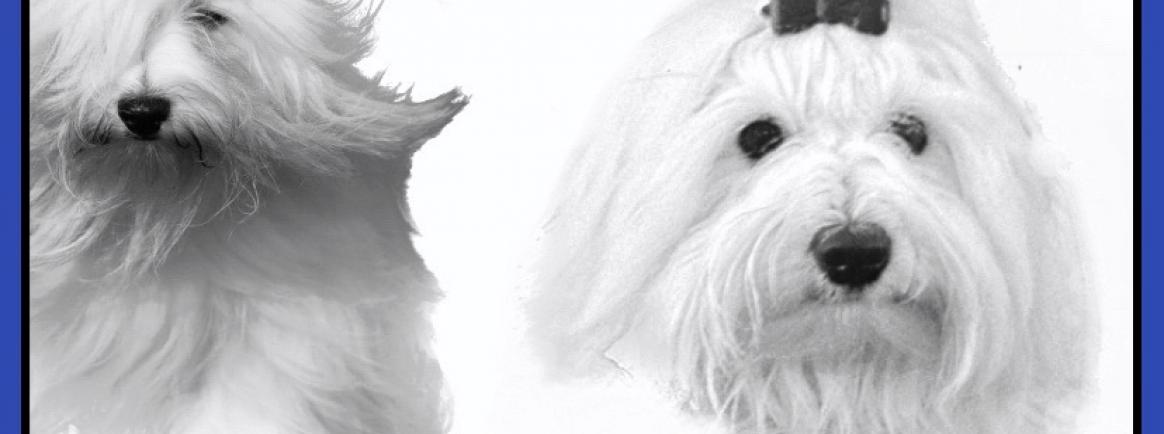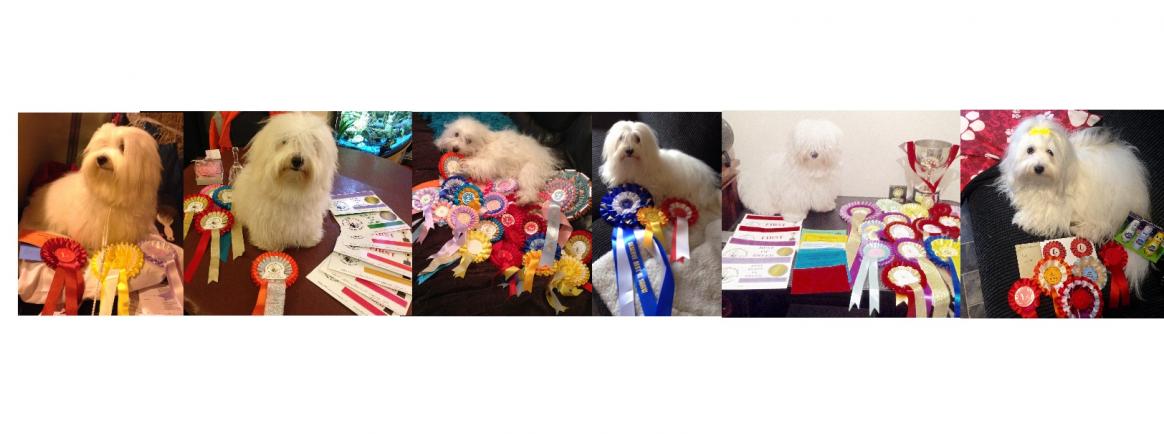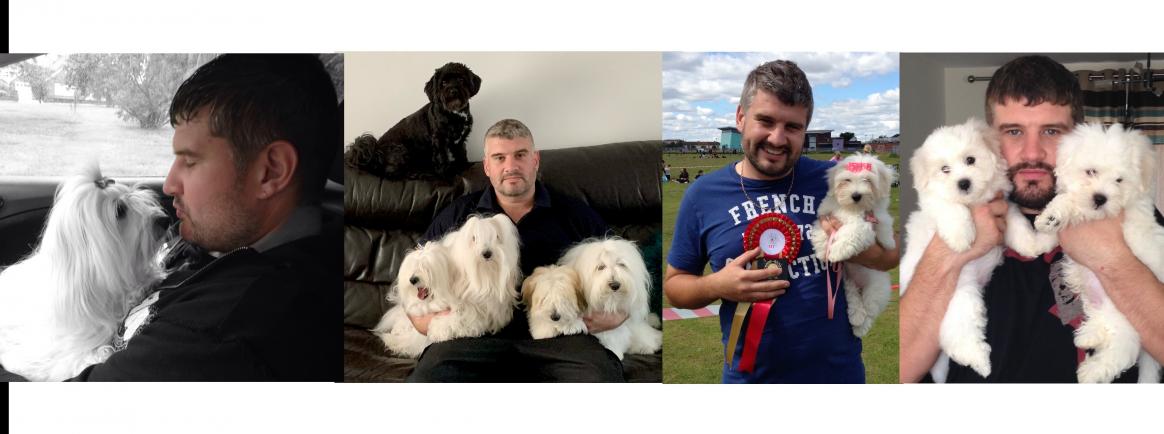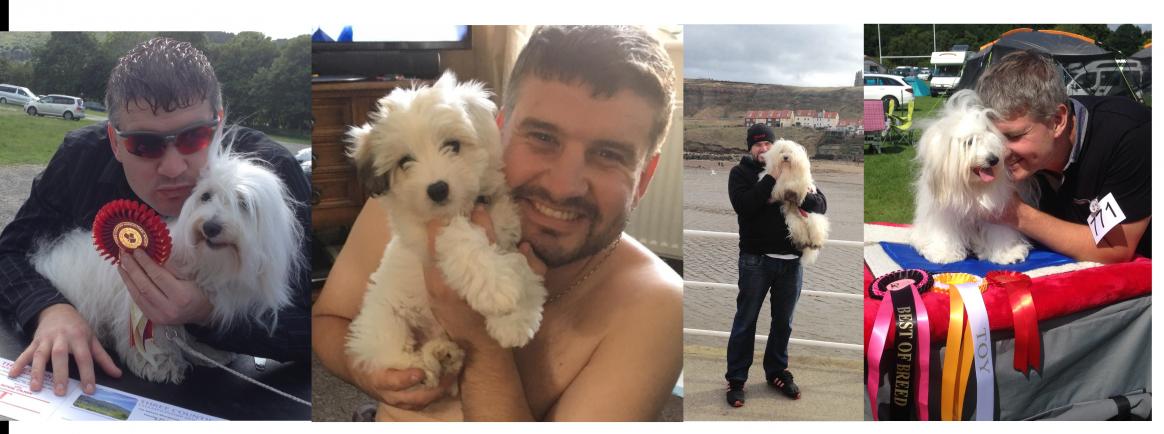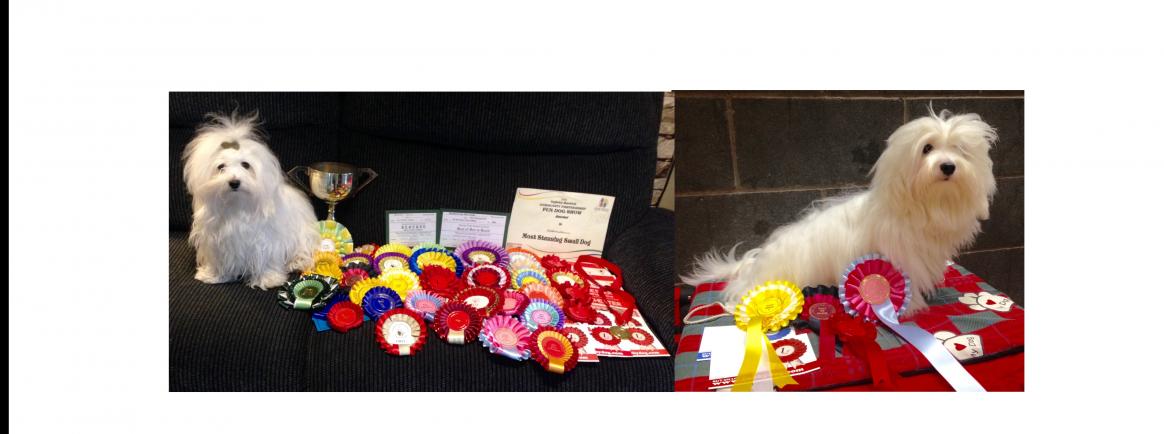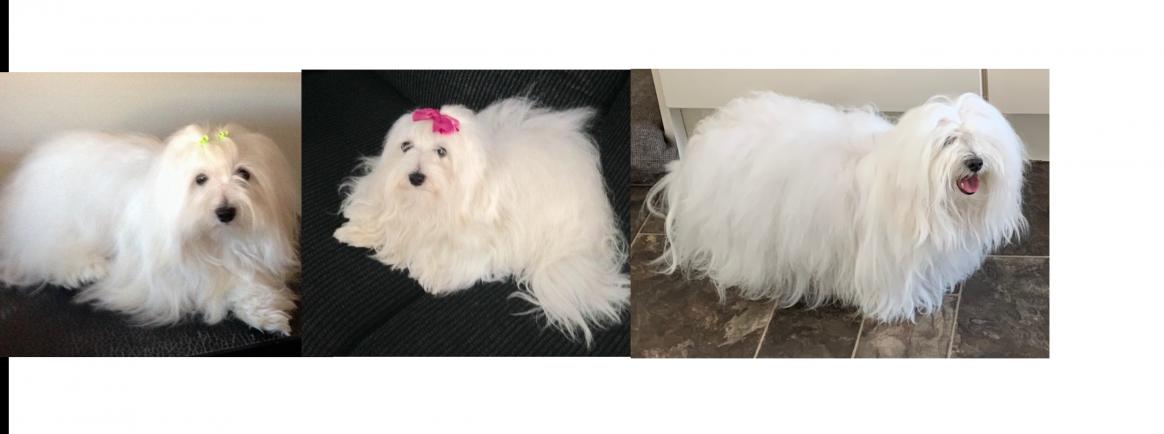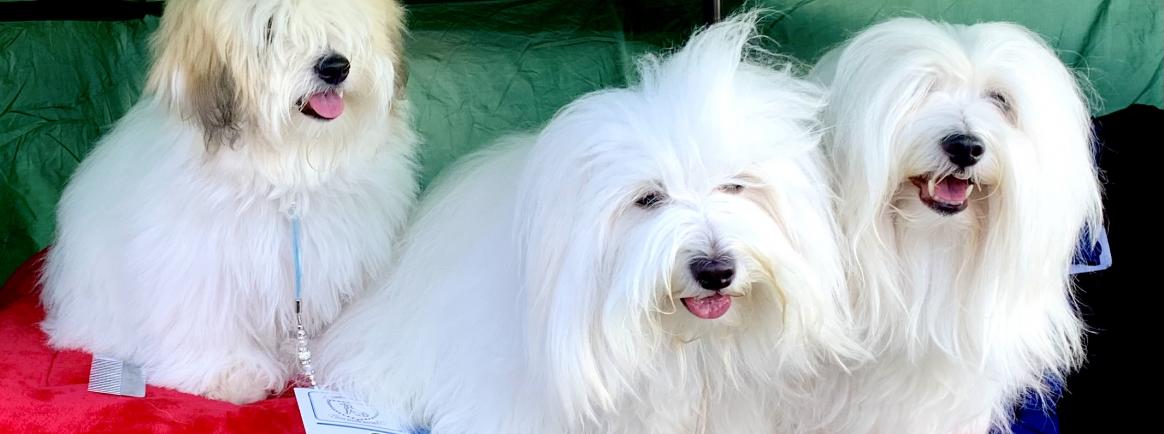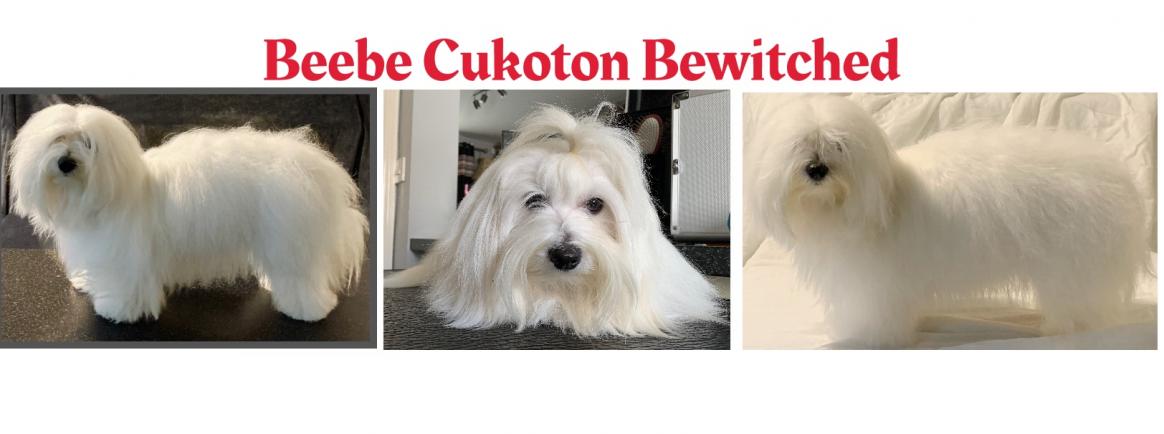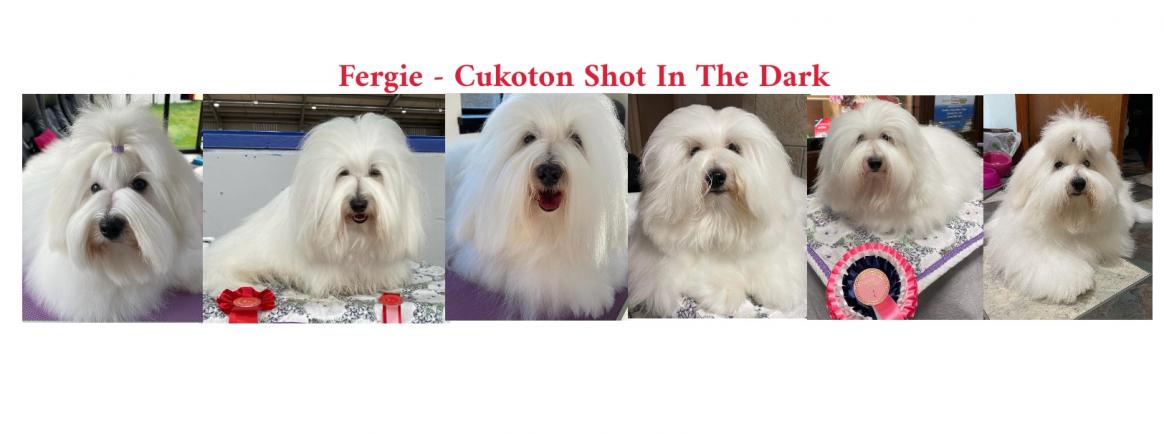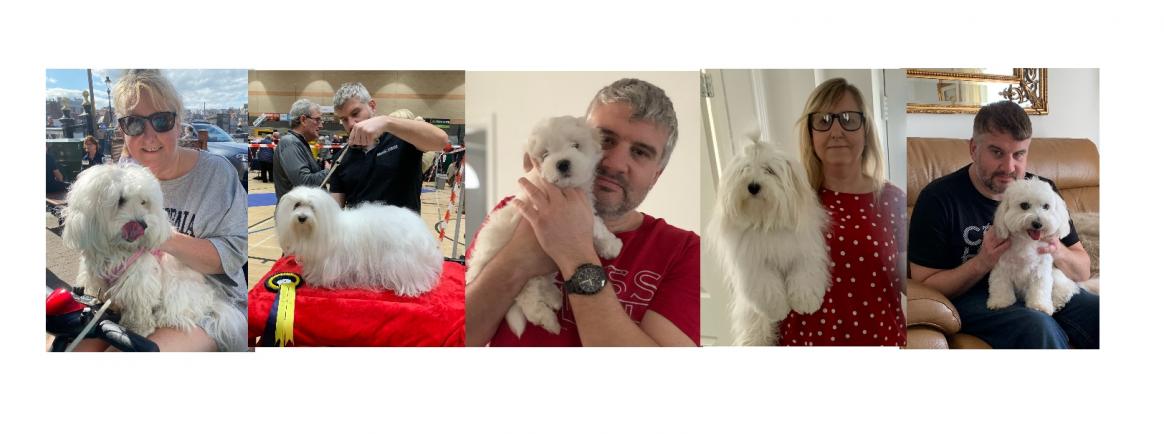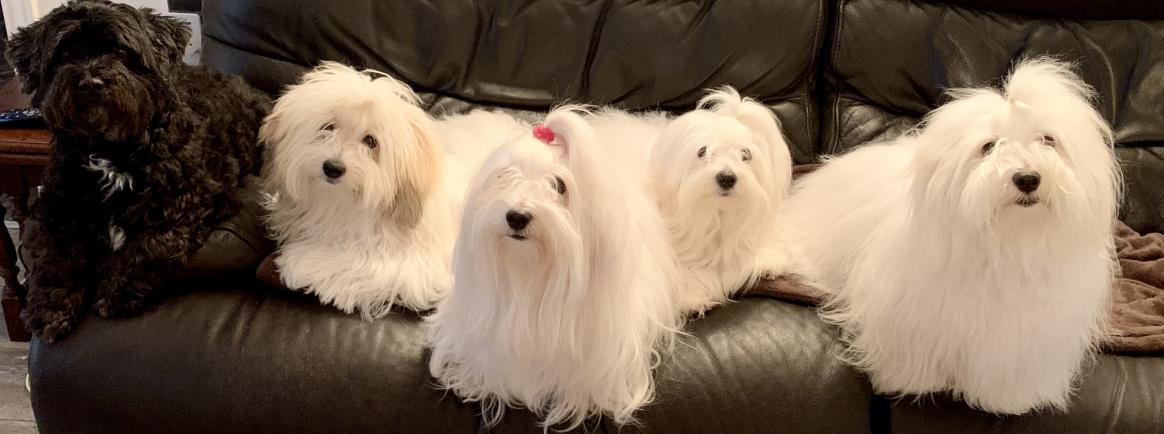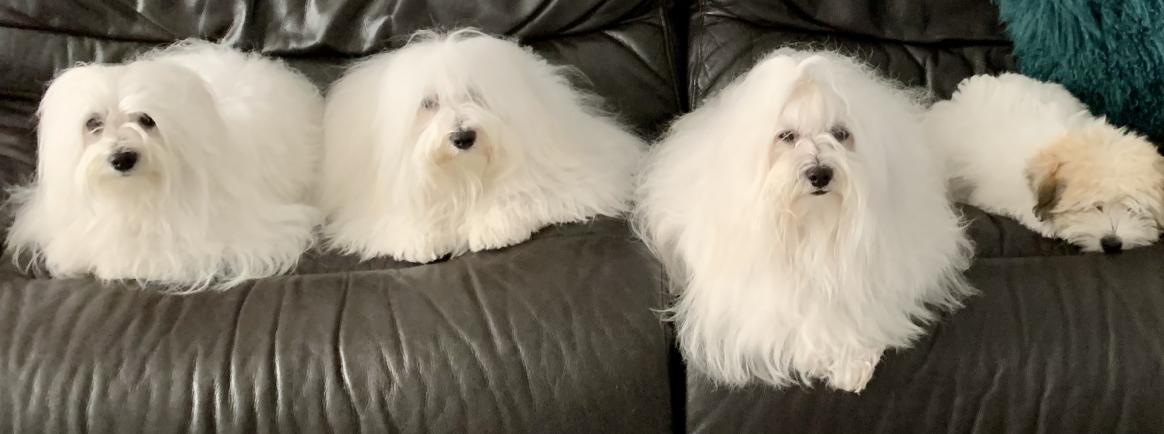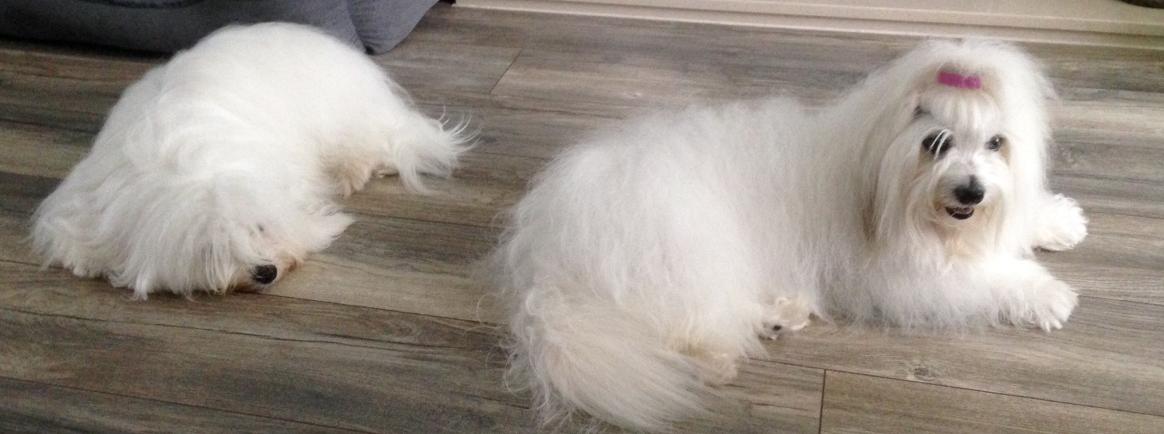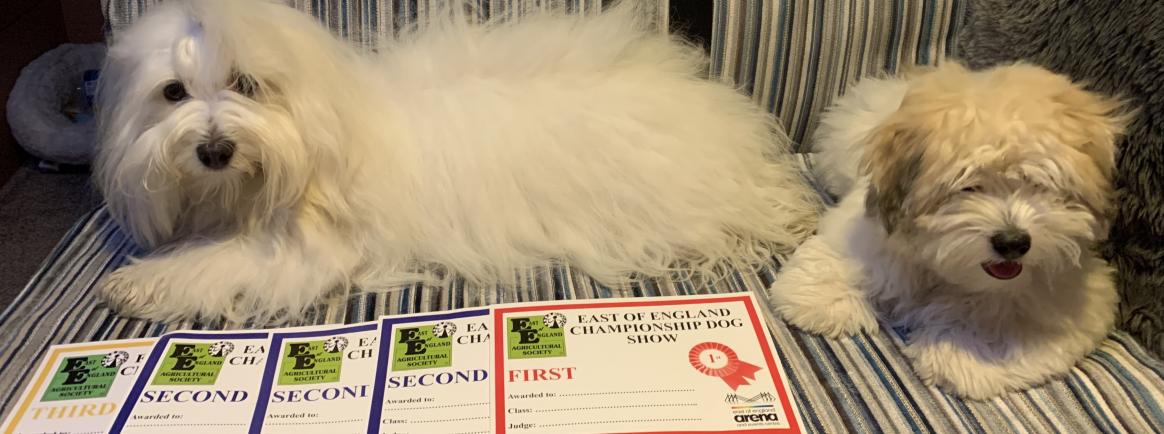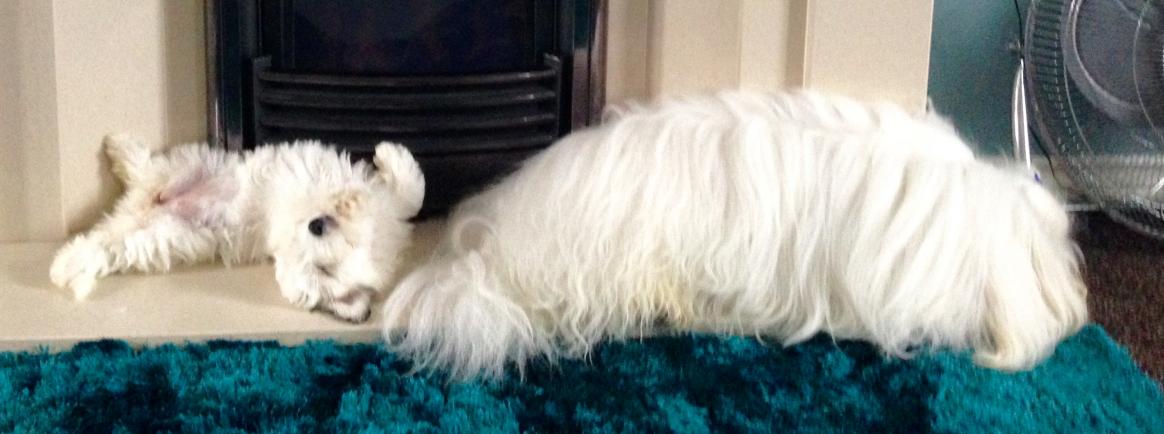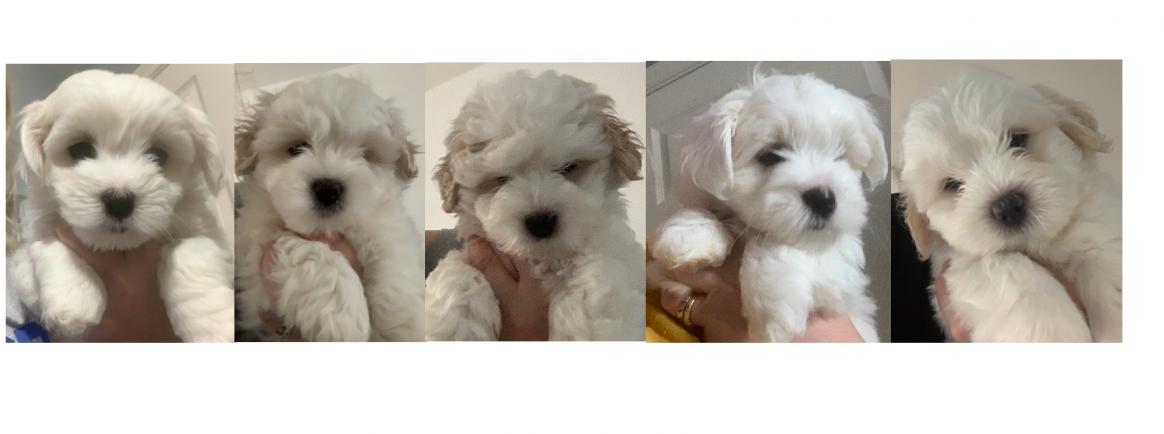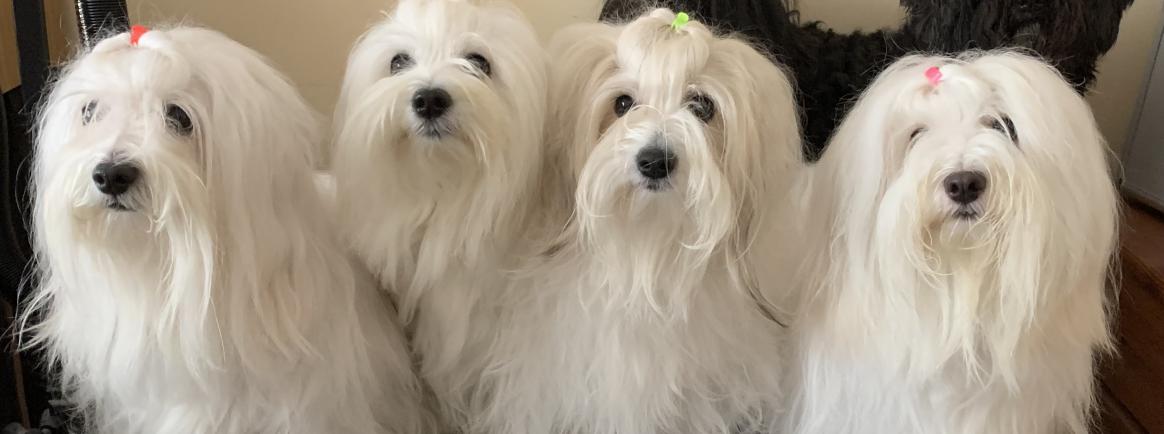A Kennel Club Assured Breeders has been checked by the Kennel Club.
A 5* breeders licence means that the breeder has been checked by the council
and has acheived the top rating. Since 2018 animal welfare act 2018 due to a
little dog called LUCY and her owners the law has now changed.
It is now illegal to have a litter of puppies and sell any of the puppies without
a breeders license. You must be regulated by defra and the local authority,
Have veterinary inspections, public liability insurance, business insurance,
Fire and safety checks, local authority, inspections, house insurance to allows the public
to enter, your kennel must be registered as a business, and much more.
Our dogs are house dogs who have full access to our home but we are required to have a
License to breed. A lot of puppies are illegally imported into the UK without any welfare checks.
These puppies often go to unsuspecting owners not realising the puppies are sick or too young
to leave their mothers. The illegal importation of puppies is a multi million pound industry.
Often used by the criminal underworld, with no thought to the welfare of any of the dogs or puppies
involved. Licensing every dog breeder in the UK is a step forward to trying to prevent any more animals
from needlessly suffering. If all breeders are required to have a license, this will stop some of the illegal
importations and help every puppy born have a good quality of life.
A reputable breeder feels responsibility toward the breed itself,
toward the dogs they breed and to the people who own dogs from
their kennel. He or she spends time and money on matters they think
are for the best interests of the breed. Like DNA health testing. Doing the
full 10 Coton de Tulear DNA tests to make sure that their dogs are healthy
and suitable to breed from and mated to dogs that have been health tested too.
It is this passion and responsibility that divides the true breeder
from just the "puppy-raiser". The breeder is motivated to create
perfection; HOWEVER the puppy raisers and the dog dealers are motivated
by money.
Reputable breeders will carefully screen potential new owners, often
sells with a contractual agreement, and will ALWAYS take a dog back
at any point in its life if the owner cannot keep the dog.
When selecting a puppy, the reputable breeder may show you the
pedigree and explain the selected bloodlines.
What health problems affect the breed and why they breed
You should be allowed to see the puppies and mother at home and live videos can be seen on request
WHAT TO LOOK FOR WHEN YOU ARE AT THE BREEDER:
1. Cleanliness. Normal dog odors are unavoidable, but dogs and
facilities should be clean. Ask about housing, where do the dogs sleep,
Are they house dogs, is the sanitary environment a healthy environment!
2. Attitude. Happy, healthy, well-cared for animals are bright-eyed,
energetic, and curious about strangers. Lethargic, bleary-eyed dogs
that hardly look up when a stranger is present is likely a sign of
ill-health. Are they used to being inside the house, are their beds for them,
and even treat bowls around - or do they act like its a new enviroment
3. Appearance. Are the dogs clean? Well-groomed? Remember that
puppies can be quite messy, but extensive filth, even staining on the dogs is a
sign of neglect.
4. Behavior. Also a health factor; unhealthy or injured animals will
always behave differently than the rest of the litter. Don't select
the puppy that is "sweet" and "quiet". If the rest of the litter is
wrestling, romping and vocalizing, a non-participant may not feel
well. The breeder should already have noticed and be willing and
able to tell you the personality and character about each puppy.
5. Information. The breeder should supply all information on the
puppy's pedigree, not just show a display of ribbons. The mother
should not be overbred; find out how old she is and how many litters
she's had. 4 litters is the maximum they should have.
Reluctance to provide this type of information may be a
warning sign. Make sure the breeder provides you with written
feeding instructions and a feeding schedule. The puppy should also
come with a pedigree of past three or more generations. The breeder
should provide you with the puppy's immunization record and
schedule, listing the dates and types of vaccines used. Remember
that a pedigree and registration papers do not guarantee health or
quality. So make sure the parents health checks are up to date
Here is a list of questions you should ask the breeder.
6. References. Ask for a list of other families who have dogs from
the breeder. A reputable breeder should gladly give you several
names and numbers. Call all of them. Ask if they would purchase
another dog from the same kennel.
7. Written Contracts
The written contract should include names and addresses of parties
involved, price, terms and breeders support, date of transaction,
signature of buyer and seller and witnesses if required by state
law.
Be sure to ask what are the terms of the contract?
What guarantees do they offer?
What penalties are imposed for violation of contract?
The pup should come with a KC registration certificate and signed by breeder
The form should be completed and signed. Some
breeders will only give you this slip/papers after all fees have
been paid, or once spaying/neutering is proven, etc. This depends
upon the contract, either show quality or pet quality.
Find this out in advance!
What are the conditions of the sale? Do you only get the dog's
papers after spay/neuter obligation fulfilled? (If dog is sold as a
pet)
A reputable breeder will allow some time (min. 72 hours to 7 days)
for return of pup/dog, in the same condition as time of sale, for
any reason. This allows you time to have your pup examined by your
own vet, too.
Things to consider before breeding
1. Carefully interviews prospective buyers and has specific
requirements that prospective owners must meet, such as spaying and
neutering pets, housing of the dog, training of the dog, agreeing to
never let the dog off lead in an unenclosed area.
2. Sells by written contract.
3. Sells puppies with a health guarantee.
4. Insists upon getting the dog back if the buyer is no longer able
to keep the dog.
5. Does not have more litters than they can keep well groomed
well socialized, healthy, and can be fully taken care of.
6. Does not have more litters than they can keep housed longterm if
unable to sell the puppies.
7. Spends individual time with each dog under their care every day.
8. Tests there dogs for known hereditary diseases and breeds
with the aim of decreasing the incidence of such diseases.
9. Is very concerned with producing puppies with excellent
temperaments and are healthy.
10. Can identify each puppy and chart its growth and development
from birth and will provide every new owner a puppy pack full of information
on how to care for and properly care for the breed.
11. Is willing to help educate the novice buyer and happily answers
any and all questions about his or her breed and his or her
individual dogs
12. Is willing and able to show the prospective buyer the health
certificates and test results on the sire and dam of the puppies.
13. Wants to be informed of any health or temperament problems that
his or her puppies develop through out the lifetime of each puppy.
14. Is available for help, advice, and education to the buyer
throughout the life of the puppy.
15. Is willing to allow a minimum of 48 hours for you to return the
puppy, for any reason, and give you a full refund of the purchase
price. This time allows you to have the puppy examined by your own
veterinarian.

